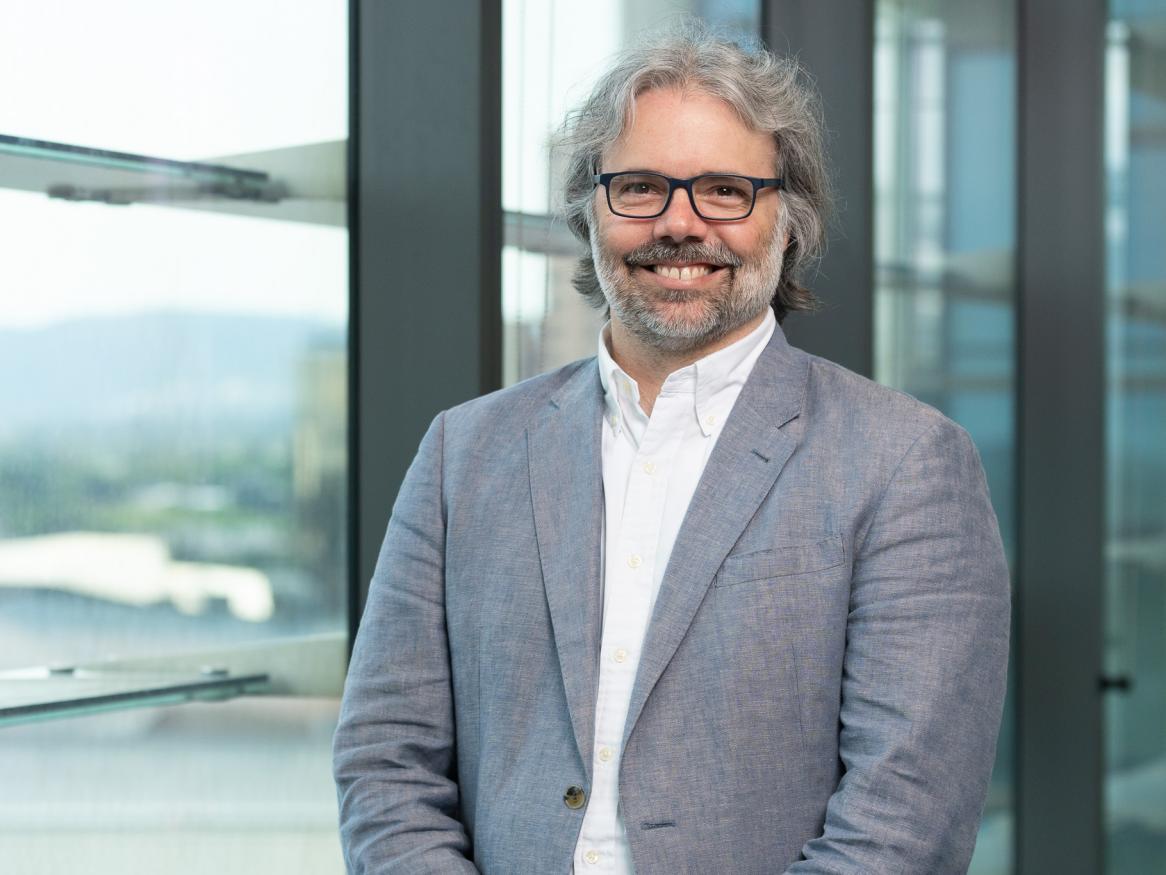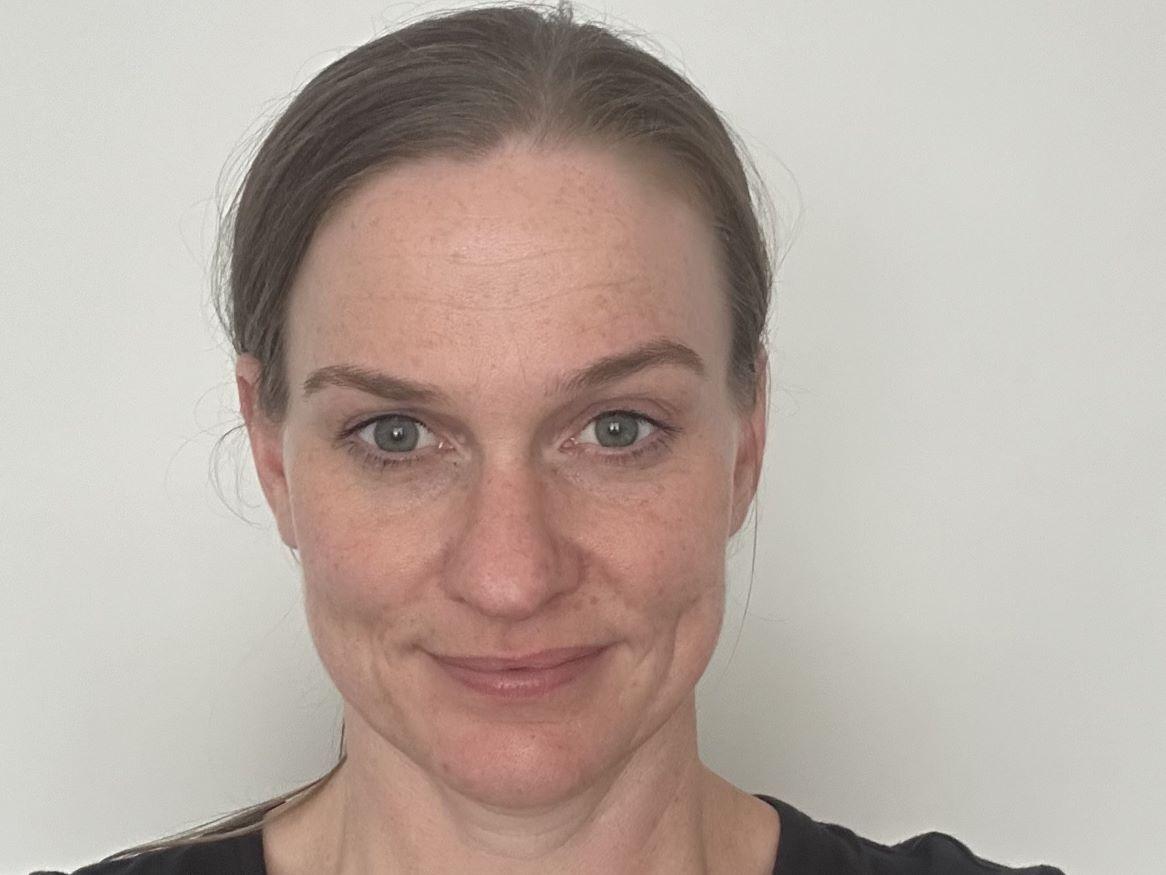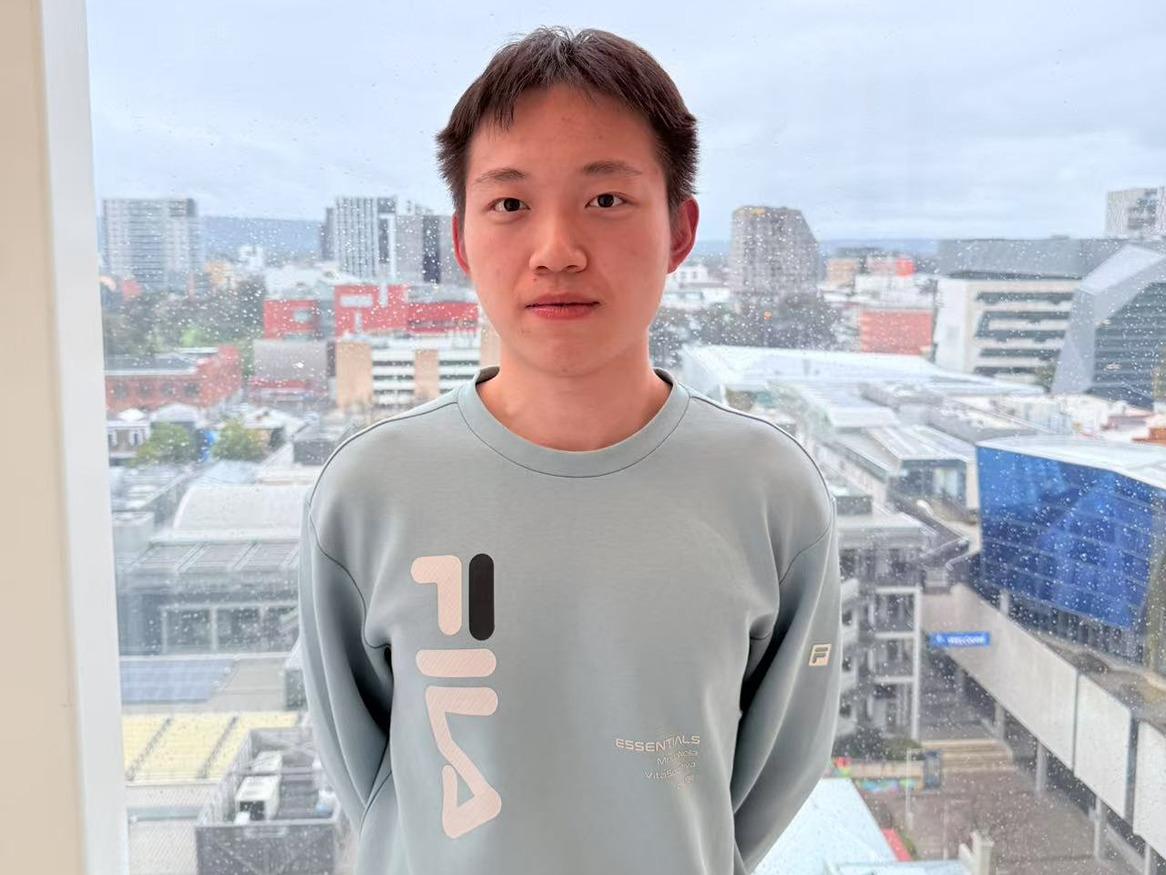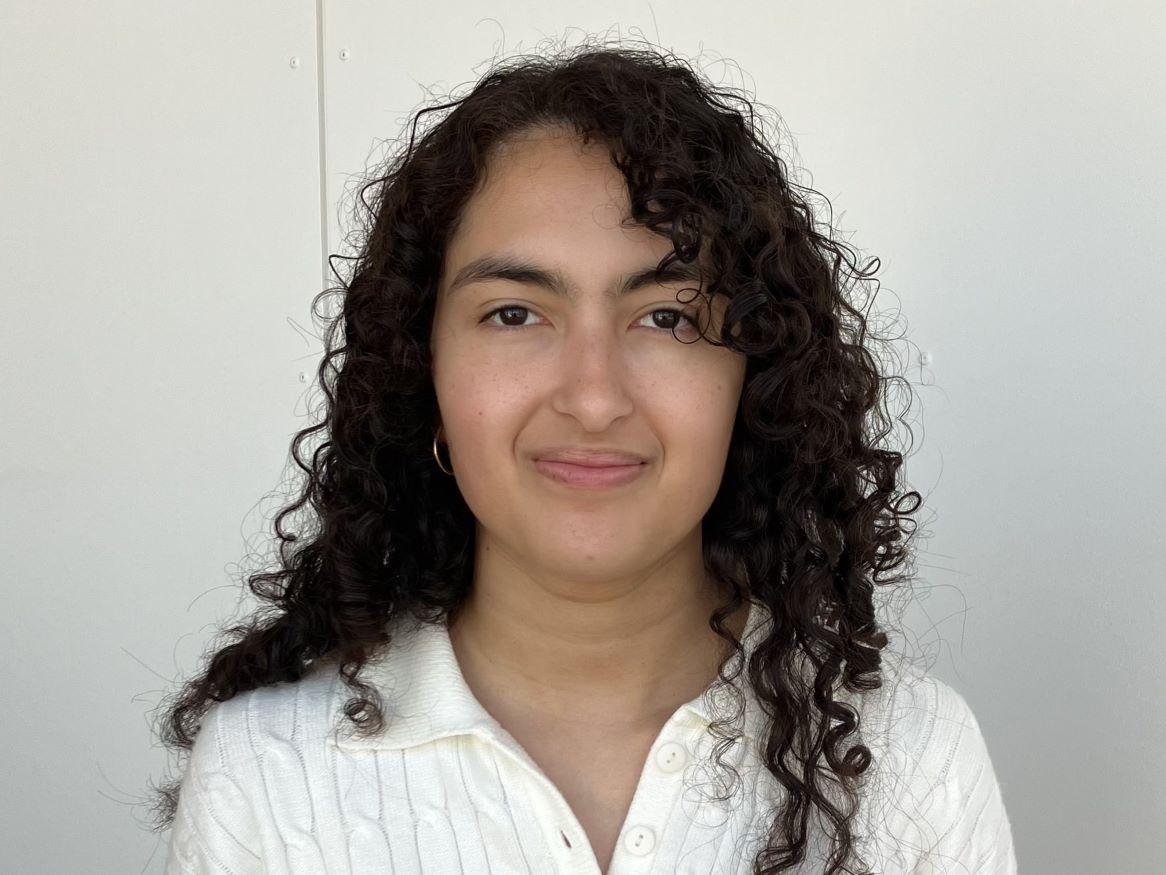Cancer Epigenetics
As one of the driving forces of cancer, the program aims to attract researchers studying the relationship between epigenetics and cancer.

Epigenetics explores the molecular mechanisms governing gene regulation and gene expression without changes to the underlying DNA sequence. Epigenetic dysregulation can be found in most stages of cancer progression, including tumorigenesis, progression, and recurrence. Notably, certain epigenetic drugs hold the potential to reverse some of these changes, offering promising avenues for intervention.
The Cancer Epigenetics program strives to unravel the epigenetic mechanisms contributing to cancer, with the aim of developing effective therapeutics.
Development and Epigenetics Laboratory

L-R: Dr Kate Dredge, Dr Adrienne Sullivan, Ashleigh Geiger, Anna Nixon.
Group Leader - Dr Adrienne Sullivan
The Sullivan Lab seeks to uncover how gene enhancer activity is molecularly controlled and its impact on cell identity, behaviour, and potency. In particular we focus on the selective activation and deactivation of enhancers through epigenetic changes, critical for the differentiation of multipotent progenitor cells during development, and the misregulation of these processes in malignancy. This research is essential for understanding both developmental processes and disease.
Epigenetics and Gene Regulation Laboratory

Back L-R: Kalpana Majhi, Angela Kloutsiniotis, Xianzhe (Jerry) Hu. Middle L-R: Dr Jia Pei Lim, Kelly Gembus. L-R: Jvaughn Duggan, Dr Qi Zhang, Xueman (Cheryl) Zhang.
Group Leader - Dr Qi Zhang
Our research revolves around understanding the fundamental mechanisms governing epigenetic regulation, we aim to translate foundational laboratory findings into innovative therapeutic strategies. Presently, our primary focus lies in exploring the intricate interplay of chromatin-modifying complexes in both gene regulation and cancer pathology. We employ a multifaceted approach encompassing biochemistry, structural biology, cell biology, genomics, and bioinformatics to illuminate these complexities and pave the way for novel therapeutic interventions.
Epigenetic Processes in Pluripotency and Reprogramming Laboratory

Back L-R: Elly Walters, Dr German Mora Roldan, Dr Wenjun Nora Liu, Professor Jose Polo. Front L-R: Suzanne Maiolo, Monika Mohenska, Dulce Lorena Medina Garcia, Tianjun Percy Zhang.
Group Leader - Professor Jose Polo
The Polo Lab is interested in transcriptional and epigenetic processes that govern cell identity, especially pluripotency, somatic cell reprogramming into induced pluripotent stem (iPS) cells, and their relevance to development and cancer. They aim to reprogram mature cells into a pluripotent state, to gain insights into the molecular and cellular events involved in cell type conversion. Using diverse techniques and stem cell models, they investigate epigenetic and genomic changes during cell fate transitions, the influence of cell origin on reprogramming and the role of transcription factors and transcriptional regulation in pluripotency, developmental biology and cancer.
Molecular Epigenetics Laboratory

Back L-R: Dr Marion Turpin, Daniel McDougal. Front L-R: Dr Katja Hummitzsch, Dr Luke Isbel, Kasia Coultas, Katarina Amerl.
Group Leader - Dr Luke Isbel
The Isbel Lab is fascinated by the interactions between transcription factors and chromatin and means of controlling these interactions to influence DNA expression. In particular, through the use of a variety of genomics and proteomics tools in mammalian stem cells, cancer cell lines and animal models, we aim to identify novel means of altering transcription factor activity to open new avenues of cancer treatment.
People
Professor Jose Polo
Program Lead and Group Leader, Epigenetic Processes in Pluripotency and Reprogramming Laboratory
Dr Luke Isbel
Group Leader, Molecular Epigenetics Laboratory
Dr Adrienne Sullivan
Group Leader, Development and Epigenetics Laboratory
Dr Qi Zhang
EMBLAus (PLN) Group Leader, Epigenetics and Gene Regulation Laboratory
Researchers
-
Development and Epigenetics Laboratory
Dr Kate Dredge
Postdoctoral Researcher
Dr Ashleigh Geiger
Postdoctoral Researcher
Yuanzhen (Jennifer) Tan
Masters of Global Food and Nutrition Science
Zita Ziukelis
Honours Candidate
-
Epigenetics and Gene Regulation Laboratory
Suchandana Deka
PhD Candidate
Jvaughn Duggan
Research Co-ordinator
Kelly Gembus
Research Co-ordinator
Xianzhe (Jerry) Hu
Honours Candidate
Ruoxuan Jia
PhD Candidate
Angela Kloutsiniotis
Honours Candidate
Dr Jia Pei Lim
Postdoctoral Researcher
Kalpana Majhi
Honours Candidate
Xueman (Cheryl) Zhang
Masters of Biotechnology
-
Epigenetic Processes in Pluripotency and Reprogramming
Dr Rudrarup Bhattacharjee
Postdoctoral Researcher
Dr Ning Liu
Bioinformatician
Dr Wenjun Nora Liu
Bioinformatician
Suzanne Maiolo
Research Manager
Dulce Lorena Medina Garcia
Research Officer
Monica Mohenska
Research Officer / Bioinformatician
Dr German Mora Roldan
Postdoctoral Researcher
Xinqi Peng
Honours Candidate
Elly Walters
PhD Candidate
Tianjun Percy Zhang
PhD Candidate
-
Molecular Epigenetics Laboratory
Katarina Amerl
MPhil Candidate
Dr Katja Hummitzsch
Research Co-ordinator
Begona Nieto
PhD Candidate
Dr Marion Turpin
Postdoctoral Researcher































